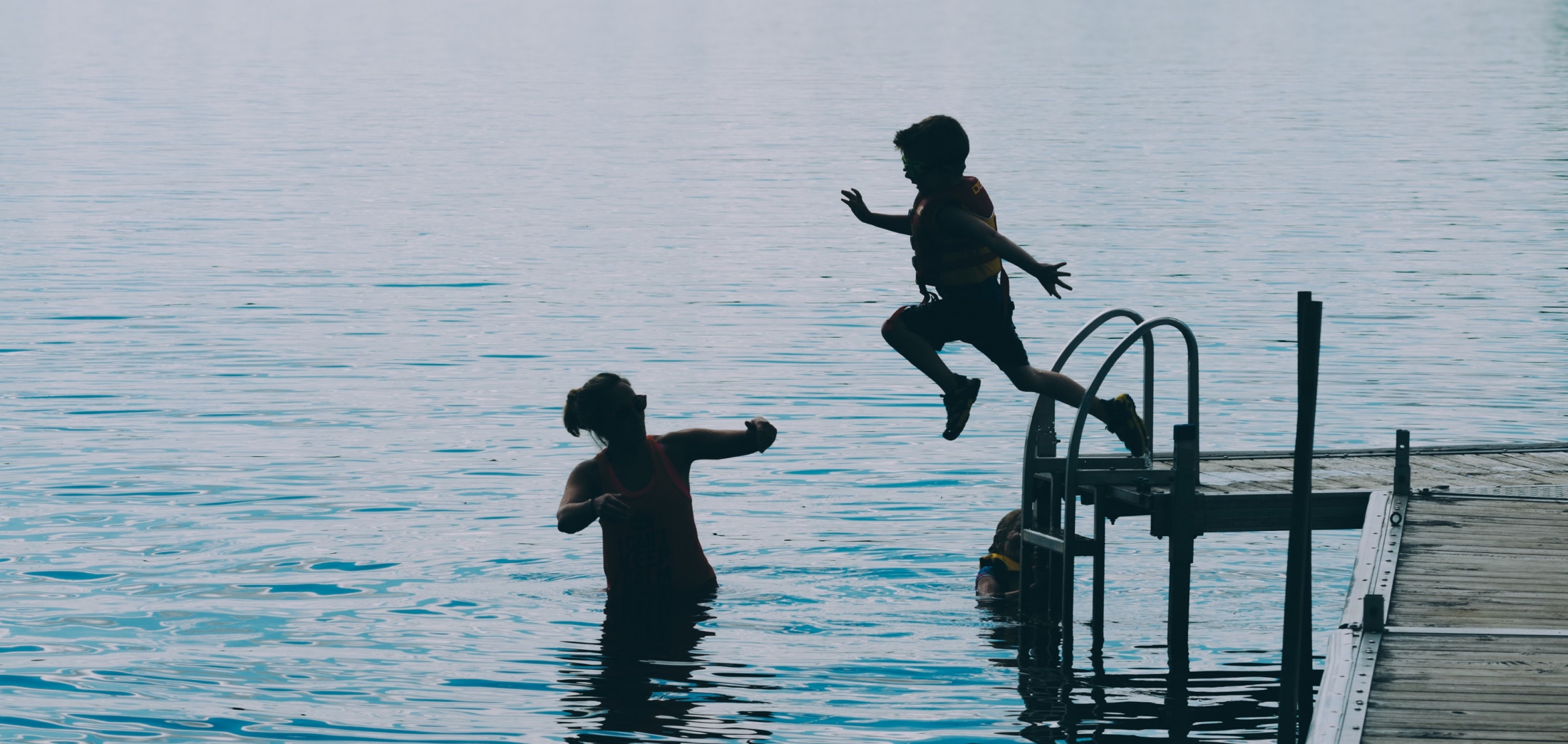Enjoy our waterways- but think water safety!
Posted: 19 November 2019
We are truly blessed to live in the Land of the Long White Cloud. This beautiful country of ours is, however, also the land of water. Wherever you are, you are never far from water. We are world-famous for our stunning waterways – our lakes, rivers and beaches. But, it‘s also important to always remember that water can be dangerous and unpredictable. Whenever you are near a waterway – going for a swim, collecting seafood, or paddling or boating – it is vital that you think about water safety. Swimming is the deadliest recreational activity. Too many people underestimate the risks, and overestimate their ability, when it comes to swimming. Guest editorial by Jonty Mills, CEO, Water Safety New Zealand
Too many drownings
Drowning is the leading cause of recreational death, and the third highest cause of accidental death, in New Zealand. In 2018, there were 66 preventable drowning fatalities. The five year average (2014–18) is 79 deaths.
In 2018, the vast majority of drownings were from accidental immersions – people ending up in situations in the water when they never intended to.
New Zealand’s drowning rate per 100,000 of population is twice that of Australia and four times that of the UK. Too many people drown in this country every year. Most fatalities are caused by a bad decision. We need everyone to remember the water safety code:
Know before you go – the basic Water Safety Code
The Water Safety Code consists of four simple rules to remember each time you venture near the water. It serves as a great starting point for planning a safe aquatic adventure.
Be prepared
- Learn water safety skills.
- Set rules for safe play in the water.
- Always use safe and correct equipment, and know the weather and water conditions before you get in.
Watch out for yourself and others
- Always pay close attention to children you are supervising when in or near water.
- Swim with others and in areas where lifeguards are present.
Be aware of the dangers
- Enter shallow and unknown water feet first and obey all safety signs and warning flags.
- DO NOT enter water after drinking alcohol.
Know your limits
- Challenge yourself within your physical limits and experience.
- Learn safe ways of rescuing others without putting yourself in danger.
Many drownings happen when people are alone on, or near, the water. Always ask yourself – what will I do if something goes wrong? Will anyone be able to help me? Always take a buddy, make sure you have the correct safety equipment and understand the risks involved.
Lifejackets are vital
When you’re out boating, always wear a well-fitted lifejacket. Check the weather forecast. Take two waterproof forms of communication such as a VHF radio and a distress beacon. If you’re the skipper, you’re legally responsible for those on board. Double-check all your gear is in good working order.
Even if you’re a strong swimmer, wear a lifejacket when you are fishing from rocks or collecting seafood – even if it’s in waist-deep water. If you get caught in a rip or are hit by a rogue wave, a lifejacket will keep you afloat and help you conserve energy until you are rescued.
Stand up paddle boarding has become popular – always wear a lifejacket. Also, it’s important to use the correct leash for the conditions. An ankle leash, for example, is dangerous when you’re in moving water.
If you’re returning to scuba diving after a lay-off, get a medical check from your GP. Always double-check your equipment is in full working order. Take a buddy and use dive flags.
Want to know more? Download the full newsletter
DISCLAIMER: All the information published in the Property eSpeaking, Commercial eSpeaking, Trust eSpeaking, Rural eSpeaking, and Fineprint newsletters is true and accurate to the best of the authors’ knowledge. It should not be a substitute for legal advice. No liability is assumed by the authors or publisher for losses suffered by any person or organisation relying directly or indirectly on this article. Views expressed are those of individual authors, and do not necessarily reflect the view of this firm. Articles appearing in Property eSpeaking, Commercial eSpeaking, Trust eSpeaking, and Fineprint may be reproduced with prior approval from the editor and credit given to the source. Copyright, NZ LAW Limited, 2019. Editor: Adrienne Olsen. E-mail: [email protected]. Ph: 029 286 3650 or 04 496 5513.
